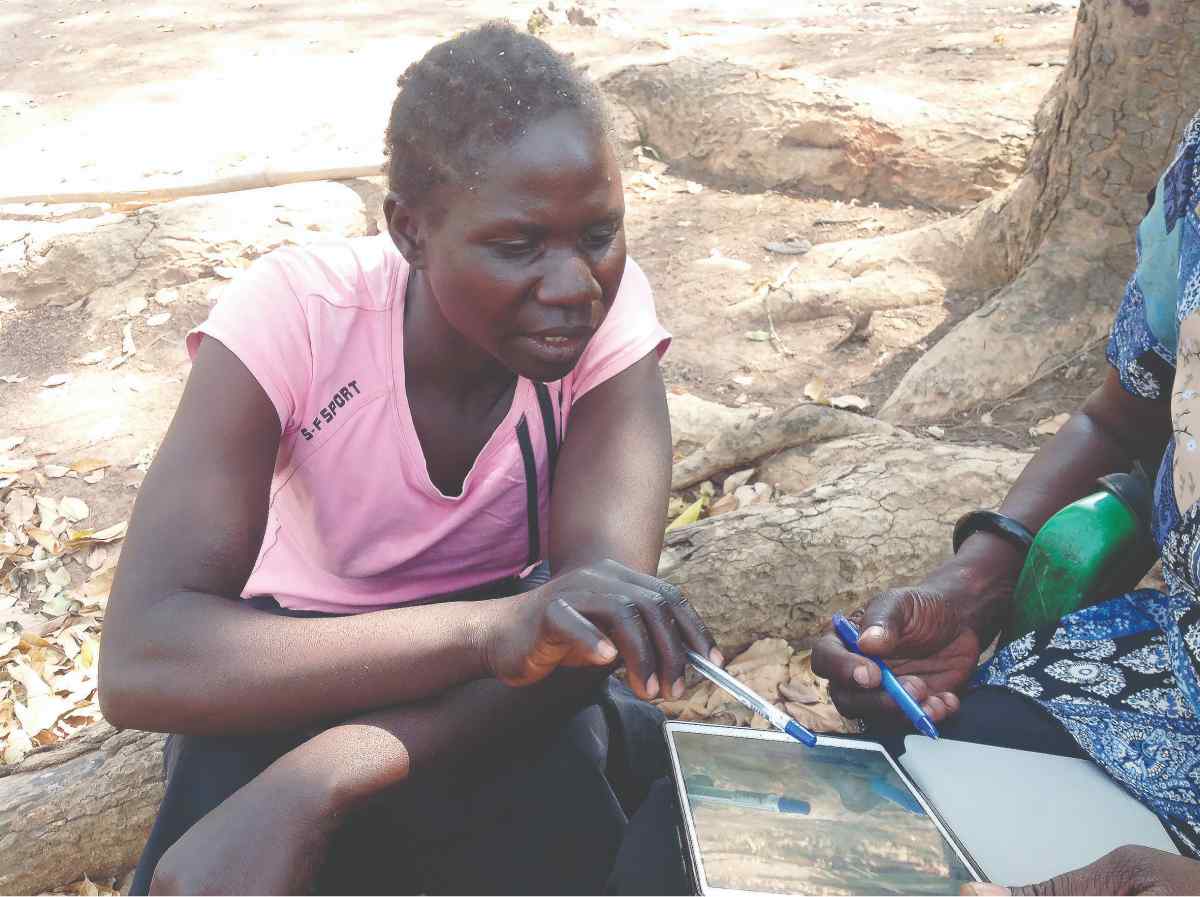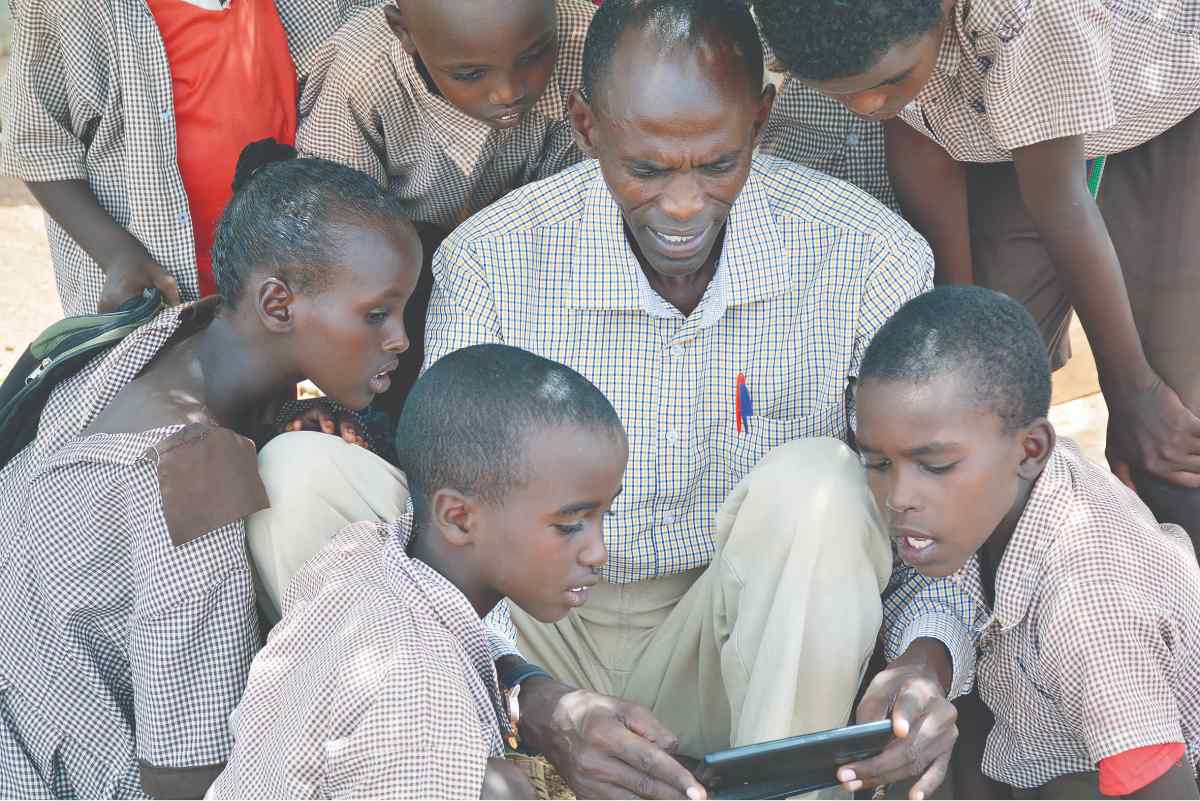Kenya is the economic, financial, and transport hub of East Africa, and remains one of the fastest-growing economies in the region. Like the rest of Africa, Kenya is still predominantly rural but urbanizing rapidly. Recent economic expansion has been boosted by a stable macroeconomic environment, positive investor confidence, and a resilient services sector. Still, the country is impaired by weak governance and corruption. Investments in Kenya remain relatively weak considering the size of its economy and its level of development, even though it is one of the largest recipients of Foreign Direct Investment (FDI) in Africa; in 2019, FDI in Kenya total US$1.33 billion. Other major concerns include high unemployment, severe economic inequality, rural poverty, and increased levels of insecurity brought on by terrorism.
About Kenya
More
The newly implemented Universal Healthcare System has yet to significantly benefit residents. Furthermore, the disorganized public health system poses challenges to physicians’ working conditions, the amount of resources healthcare facilities can receive, and patients’ opportunity of being admitted to hospitals. The high infant and maternal mortality rates do not suppress fertility, resulting in a very young population with 40% being under the age of 15. Educational resources are thereby strained, despite the Kenyan government’s commitment to the Education For All (EFA) initiative. Gender equality in Kenya has made some progress, reflected by institutional improvement and fair opportunities for education, but there is still a long way to go to achieve equality.
Our Impact
IIRR’s impact in Kenya over the years
75000
12050
1994
7500
Story from the field
ICT Service Project – Northern Kenya
IIRR ICT service project in Northern Kenya aims to enhance the digital literacy of pastoralist children.

Musa Abdille is the head teacher of Maralal Primary School and cluster head of Maralal. He has over 30 years of experience as a teacher and school manager. He thought ICT was a very alien concept. It seemed very complex and meant for young people, and not for ‘analogue’ people like him. But the Teachers Service Commission gave the directive that the Teacher Performance and Appraisal Development (TPAD) forms must be completed online. Because his only gadget at that time was a basic mobile phone, he sought the help of his digitally literate friends for a fee. Then, in 2015, the Kenya National Examination Council (KNEC) required schools to register their KCPE students online. Without the requisite ICT skills and equipment, Musa would go to Internet Cafes to register his students online.
In 2017, IIRR’s education program trained 41 school teachers on ICT, including Musa. After the training, he was able to use a smartphone to open emails, type and send messages, and communicate via WhatsApp. He also learned how to use the desktop computers IIRR provided.
By 2018, all of the school’s records had been digitized. The British Council donated 20 desktop computers and the government provided two laptops, 280 tablets, and two projectors. Standard 8 learners are using computers with software from IIRR to access national exam review papers from the year 2000 – 2017 for online revision, greatly improving their performance. In 2018, test scores had improved significantly from the previous year. What’s more, during school holidays, students and community members are given access to the ICT facilities. Internal exams for the school are now typed and printed on-site. The typing and printing/photocopying services are extended to other neighboring schools for a fee. Deaf and hard of hearing learners use the lab to access Kenyan sign language, though more course books for disabled learners are still needed.
”With the ICT skills and equipment, the teachers are able to perform their duties more efficiently and effectively. They now use innovative teaching and learning techniques at school. The ICT facility has generated a lot of interest from learners and the school has had to develop a schedule for each class. No learner likes to be absent during their scheduled time at the facility. The facility made the school child-friendly and helped improve enrolment, retention, performance, and transition.
Musa Abdille


Want to know more?
Explore our program against sexual and gender-based violence (SGBV) in Kenya
Stop Violence against women and girls project in Northern Kenya
This project focused on raising awareness on sexual and gender-based violence (SGBV)
Learn more


